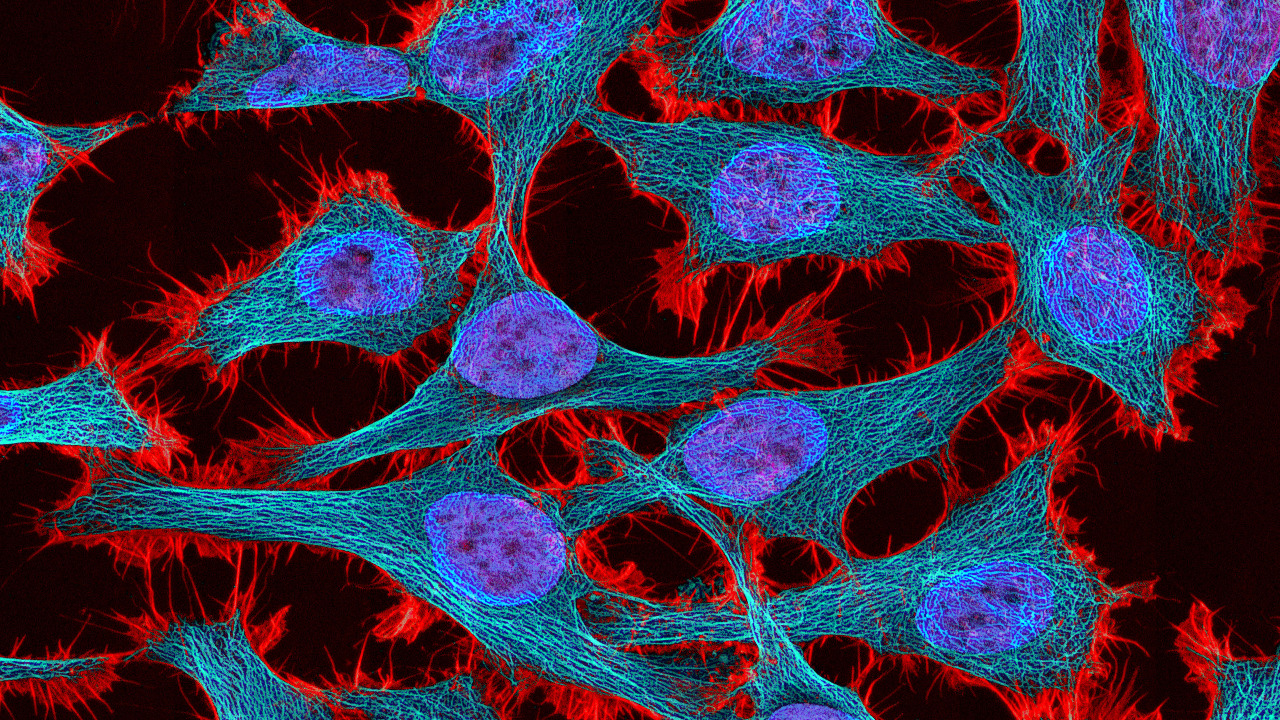
In a groundbreaking development, scientists have uncovered a type of immortal cell in laboratory settings, offering unprecedented potential for medical research and treatment. These cells, with their unique ability to replicate indefinitely, could revolutionize our understanding of cellular biology and disease. This discovery holds the promise of transforming the biomedical landscape, opening new avenues for understanding and treating various illnesses.
The Discovery of Immortal Cells
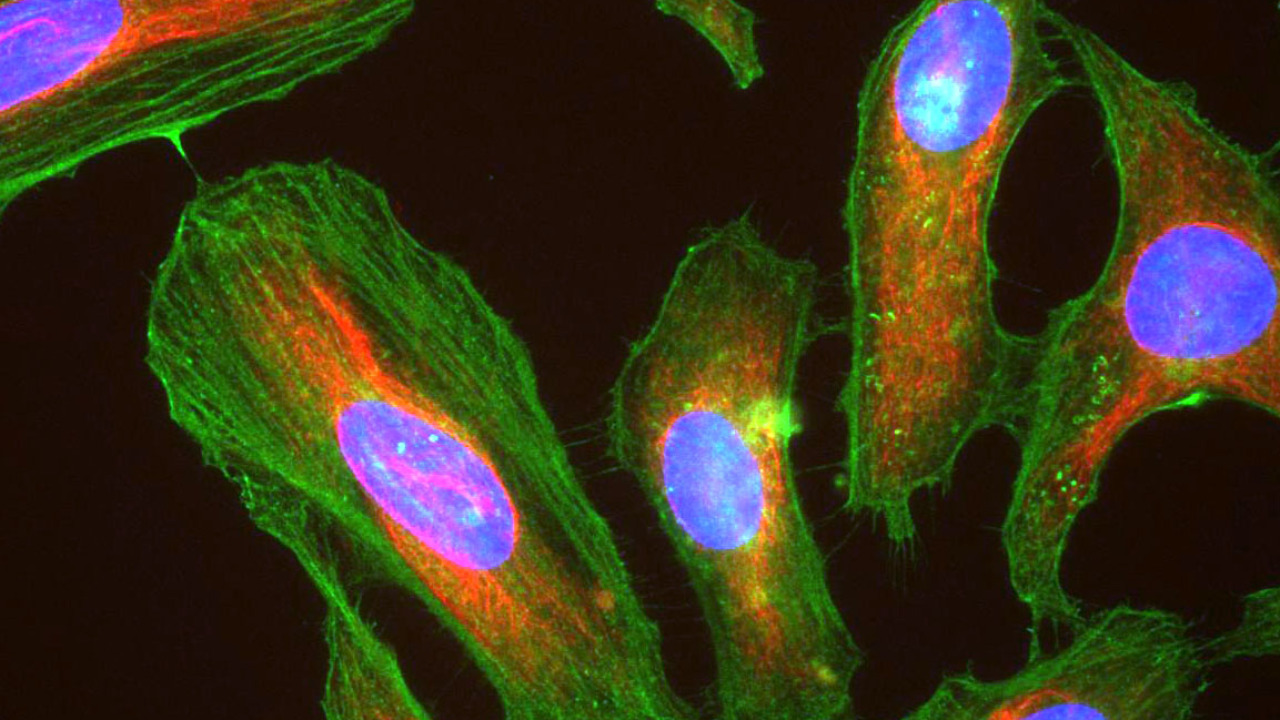
The discovery of immortal cells marks a significant milestone in cellular biology. Researchers managed to identify and cultivate these cells in the laboratory, observing their extraordinary ability to divide and grow indefinitely under controlled conditions. Such findings were achieved through extensive experimentation involving the manipulation of cellular environments and genetic material. By carefully tweaking growth factors and nutrient availability, scientists were able to sustain cell lines that defy typical cellular aging processes. This breakthrough was not just the result of modern techniques but also built on decades of previous research.
A pivotal moment in the history of cellular research was the development of the HeLa cells. Originating from the cancer cells of Henrietta Lacks, HeLa cells were the first human cells to be successfully immortalized in the lab. They provided a model for studying cell biology and laid the groundwork for the discovery of new immortal cell types. By comparing these newly discovered cells to HeLa, researchers could better understand what makes a cell line immortal. Unlike typical somatic cells, immortal cells bypass the Hayflick limit, a phenomenon where most cells cease to divide after a certain number of divisions.
Immortal cells differ significantly from other cell types used in research due to their perpetual division capabilities. While many research cells require continuous harvesting or manipulation to maintain viability, immortal cells offer a more stable and enduring model for study. This stability allows scientists to conduct longer-term experiments without the concern of cell death impacting results. As a result, this discovery could serve as a new standard for various biological studies, providing a consistent foundation for future experiments.
Scientific Implications
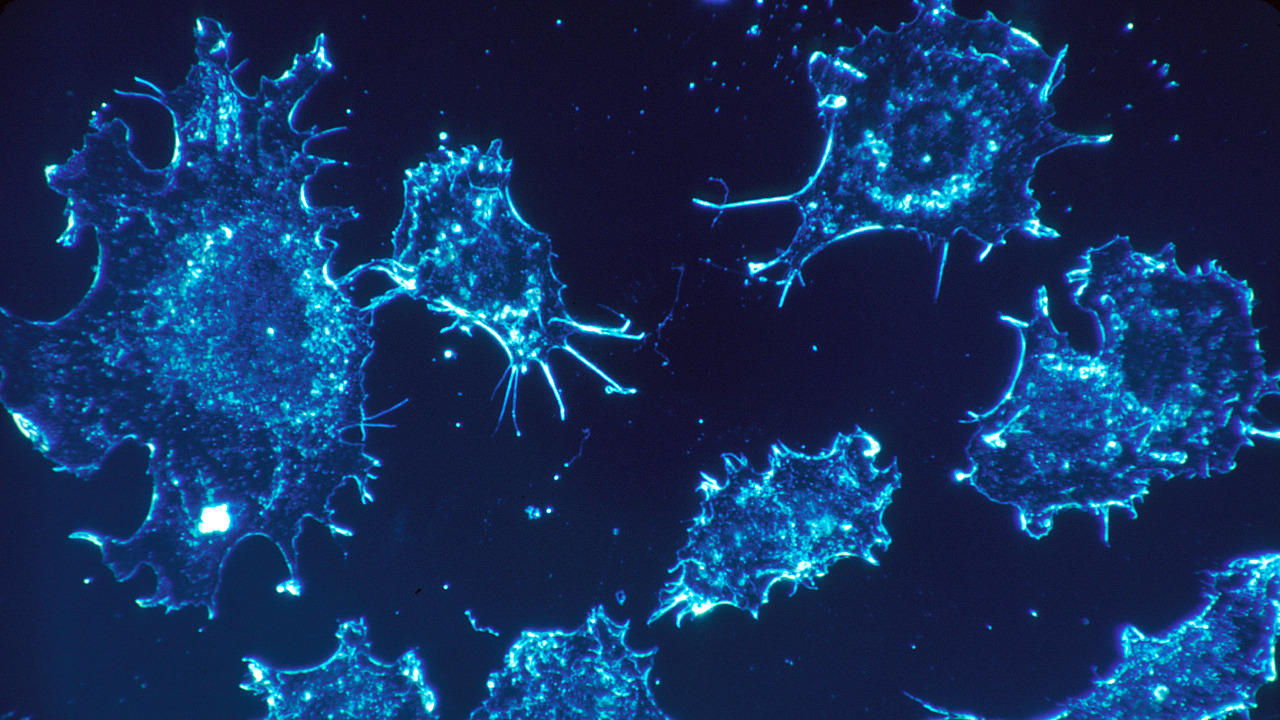
The implications of immortal cells in scientific research are vast, particularly in genetics. These cells provide a unique platform for studying genetic diseases and mutations. By observing how these cells replicate and respond to genetic modifications, scientists can gain insights into the mechanisms underlying various hereditary conditions. This knowledge could lead to the development of targeted therapies and interventions designed to correct or mitigate the effects of genetic anomalies.
In the realm of cancer research, immortal cells offer a promising avenue for understanding uncontrolled cell division and tumor growth. Since cancer cells inherently possess characteristics of immortality, studying these lab-grown counterparts can reveal the pathways and signals that drive cancerous behavior. This understanding could be pivotal in designing treatments that specifically target cancer cell proliferation pathways, thereby offering more effective and less invasive treatment options for patients.
Furthermore, the regenerative potential of immortal cells opens new doors in regenerative medicine. By harnessing their ability to continuously replicate, researchers could develop therapies aimed at tissue repair and regeneration. This capability has profound implications for treating degenerative diseases and injuries. For instance, scientists are exploring the potential of using immortal cells to regenerate damaged organs or tissues, potentially reducing the need for organ transplants and improving the quality of life for patients with chronic conditions.
Ethical and Societal Considerations
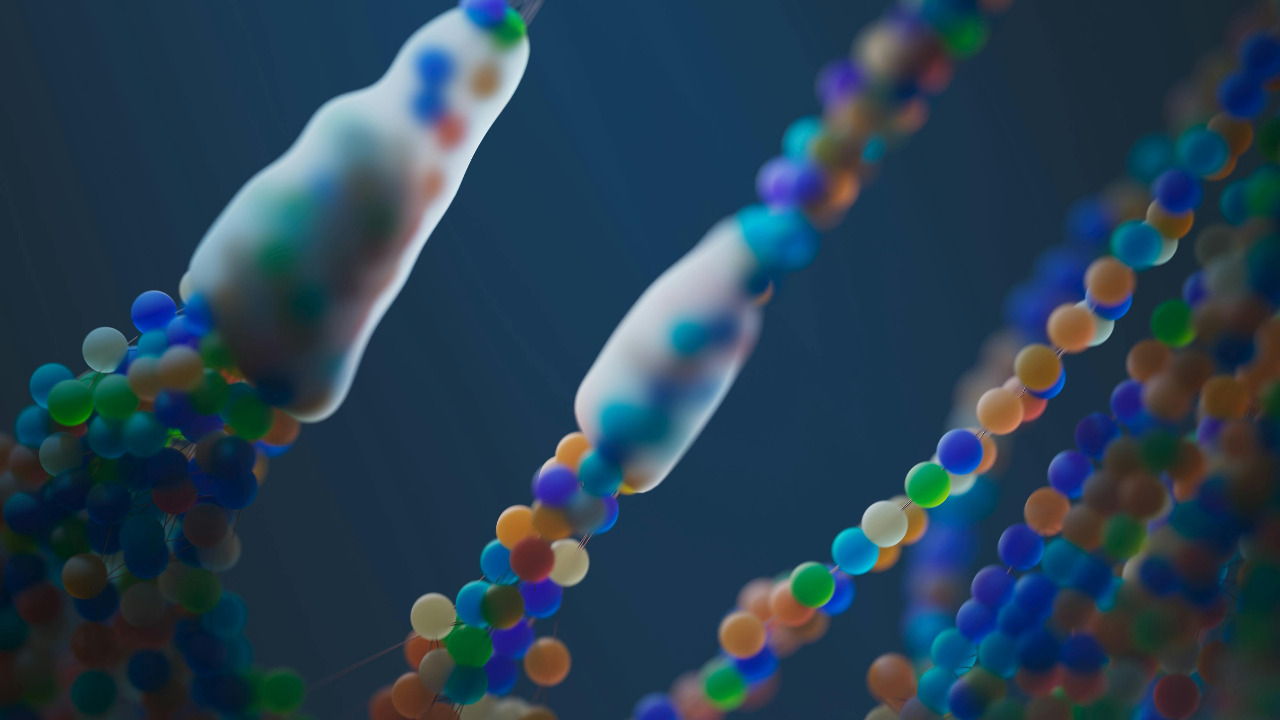
The scientific advancements made possible by immortal cells also bring ethical considerations to the forefront. The potential to manipulate these cells raises questions about the extent to which humans should interfere with natural biological processes. There is ongoing debate surrounding the ethical implications of creating and using immortal cells, particularly in terms of the potential consequences of uncontrolled cell growth or unintended mutations. Researchers must navigate these ethical landscapes carefully, ensuring that scientific progress does not come at the expense of ethical standards.
Public perception of immortal cells and their applications in research is another critical factor. The discovery could influence how society views genetic engineering and biotechnology. While some may view these advancements as a positive step toward eradicating diseases and improving human health, others may harbor concerns about the potential misuse or unforeseen consequences of such technologies. Building public trust through transparent communication and ethical research practices will be essential in gaining societal acceptance.
Long-term, the societal impact of immortal cells could be profound. As research progresses, these cells could challenge existing norms surrounding healthcare, longevity, and aging. With the potential to extend human lifespan and improve quality of life, immortal cells might lead to shifts in societal structures and expectations. However, such changes could also exacerbate existing disparities in access to healthcare, making it crucial to address these issues proactively to ensure equitable distribution of the benefits of this research.
Future Applications and Research Directions
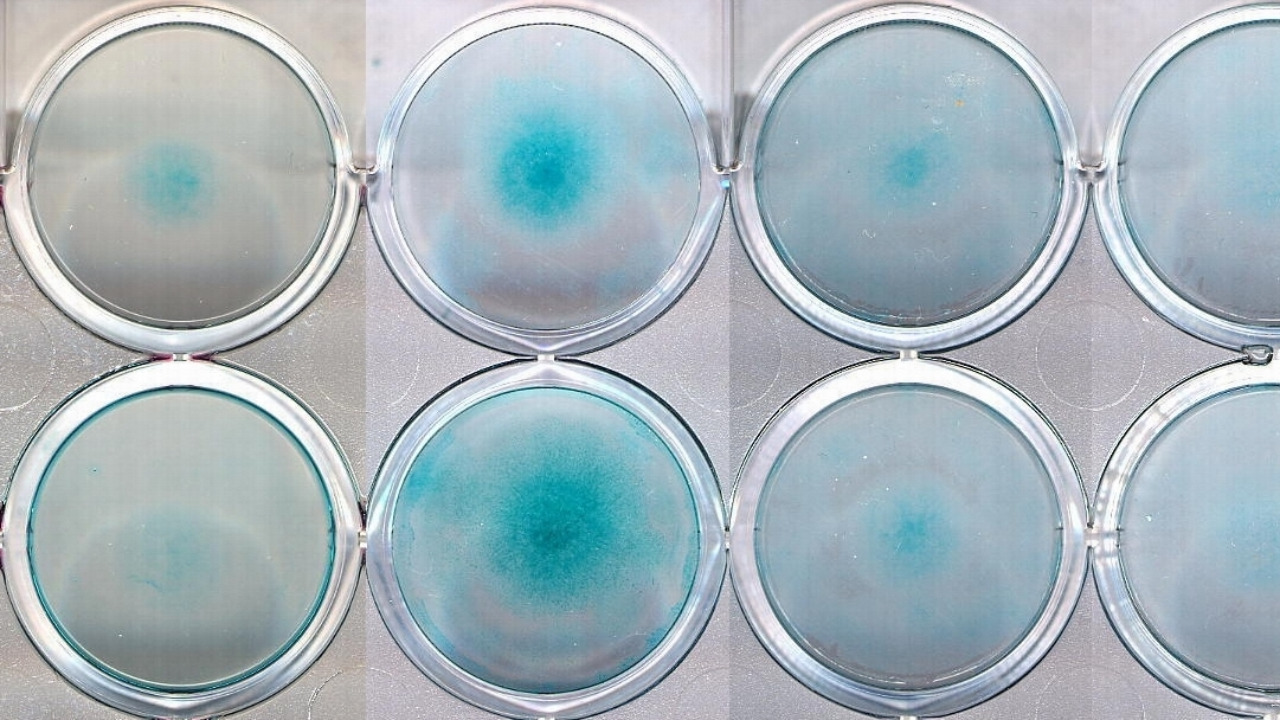
The discovery of immortal cells holds the promise of numerous future medical breakthroughs. Scientists speculate that therapies derived from these cells could revolutionize treatment approaches for a range of conditions, from cancer and genetic disorders to degenerative diseases. The ability to produce cells that can replace damaged or diseased tissues could lead to innovative treatments that go beyond symptom management to address the root causes of diseases.
International collaboration will be key in accelerating advancements in this field. By pooling resources and knowledge, scientists worldwide can work together to overcome the challenges associated with immortal cell research. This collaborative approach can lead to more rapid progress and the development of comprehensive strategies to harness the potential of these cells effectively. Sharing data and methodologies across borders can also help standardize research practices and ensure that findings are robust and reproducible.
Despite the potential of immortal cells, researchers face several scientific and logistical challenges. Cultivating and manipulating these cells require sophisticated laboratory techniques and a deep understanding of cellular biology. Additionally, scaling up production for clinical applications presents logistical hurdles that must be addressed before these therapies can become widely available. Overcoming these challenges will require continued investment in research and infrastructure, as well as fostering an environment of innovation and collaboration.
Historical Context and Legacy

The legacy of Henrietta Lacks and her HeLa cells remains a powerful reminder of the impact one discovery can have on modern science. These cells have contributed to countless research breakthroughs, from vaccine development to cancer treatments. The ethical considerations surrounding the use of HeLa cells also underscore the importance of informed consent and patient rights, topics that are still relevant in today’s research landscape.
The evolution of cellular research has seen numerous milestones that have paved the way for the discovery of immortal cells. From the initial cultivation of HeLa cells to the development of CRISPR gene-editing technology, each advancement has contributed to our current understanding of cellular biology. These milestones highlight the importance of building on previous research and the collaborative nature of scientific progress.
Looking to the future, the exploration of cellular immortality is poised to continue shaping the scientific landscape. As researchers delve deeper into the mechanisms that enable cells to evade aging, they may uncover new insights that could redefine our approach to health and disease. This ongoing journey is a testament to the enduring quest for knowledge and the potential of science to transform the world.